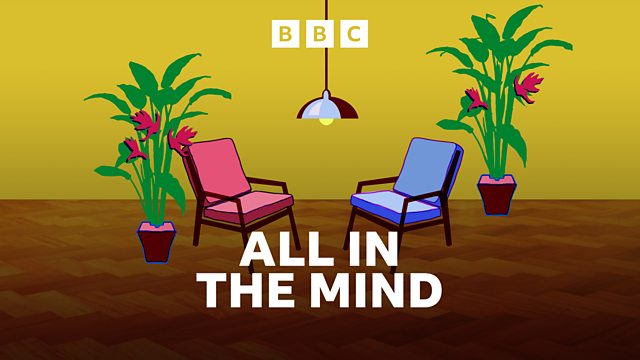Are there multiple subtypes of autism, and how vivid are your memories?
A new study suggests that early-diagnosed autism has a genetic profile distinct from late-diagnosed autism. What does this mean for autism as a spectrum?
Autism tends to be viewed as a spectrum, but a new study published this month in Nature suggests that there are both genetic and behavioural differences between early and later diagnosed autism. So is autism still a spectrum, or should we be thinking of it as having multiple different subtypes? Claudia Hammond talks to Professor Uta Frith, who has pioneered autism research for decades, about what this means for how we view autism now.
The universities of Cambridge and Durham are launching a study to help them unlock the secrets of vivid memory. Postdoctoral researchers Kasia Mojescik and Martha McGill tell Claudia how they plan to find out what makes a memory vivid, why some memories are more vivid than others, and how people can get involved in their work.
And Claudia is joined in the studio by Catherine Loveday, Professor of Cognitive Neuroscience at the University of Westminster. Catherine brings us new research on how state-level income inequality can impact how children’s brains develop, and the myriad ways music can affect dining experiences.
If you'd like to take part in the vivid memories research survey, you can find it here: https://www.english.cam.ac.uk/research/memory/get-involved/
Presenter: Claudia Hammond
Producer: Sophie Ormiston
Editor: Ilan Goodman
Studio Manager: Donald MacDonald
Production coordinator: Jana Holesworth
Last on
Broadcasts
- Tuesday 09:30ÃÛÑ¿´«Ã½ Radio 4
- Wednesday 21:30ÃÛÑ¿´«Ã½ Radio 4
Podcast
-
![]()
All in the Mind
The show with the latest evidence on psychology, mental health and neuroscience.



